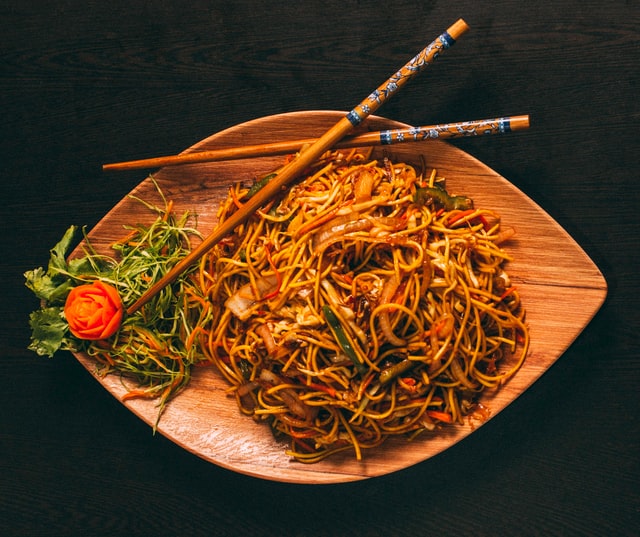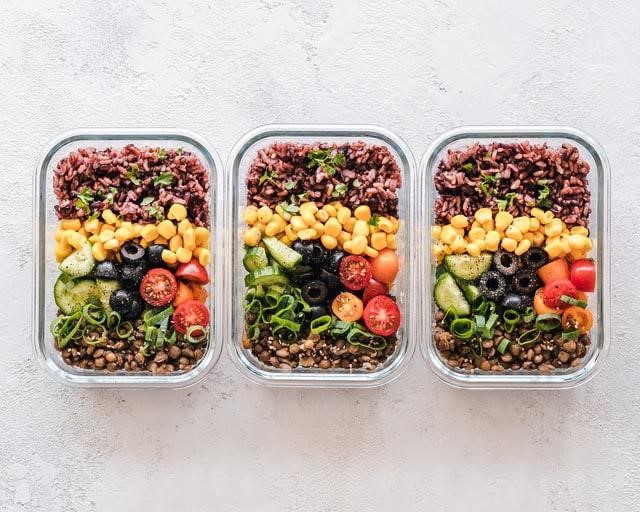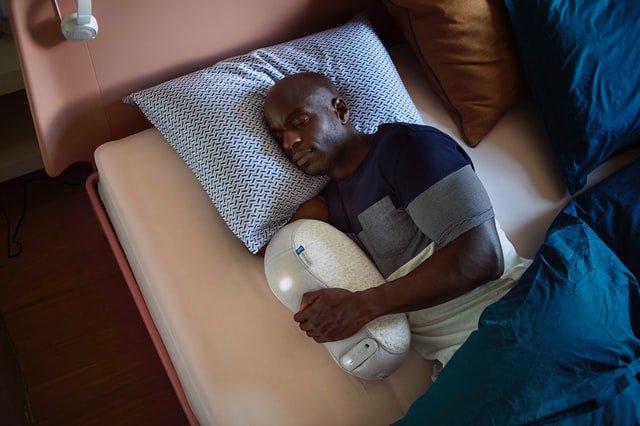
During sleep, deficient blood sugar levels are a big problem for people with diabetes. While during the day, we can usually recognize the symptoms of impending hypoglycemia without a problem, at night, we may sleep through them. This significantly increases the risk of severe hypoglycemia with loss of consciousness.
Contents
- Why does blood sugar rise at night?
- Hypoglycemia at night - symptoms
- How to minimize the risk of nocturnal hypoglycemia?
- What to give for hypoglycemia? - Low blood sugar
- Nighttime hypoglycemia - causes
- Additional nighttime sugar measurements
- Diet to lower body sugar
- Physical activity and nocturnal hypoglycemia
- A walk after a meal
- Alcohol and nighttime hypoglycemia
Many factors influence the stability of blood glucose during sleep. First, the night is a consequence of the day. Whether we played sports, ate, or drank alcohol, how intense it was.
Lack of sleep increases the release of stress hormones, slows the metabolic rate, and makes it challenging to maintain optimal weight. People who don't get regular sleep have an increased risk of dying from heart disease. Sleepless nights result in impaired tissue sensitivity to insulin (insulin resistance), one of the causes of diabetes development.
Long-term sleep deprivation impairs glucose tolerance and exacerbates diabetes. In the morning, after a sleepless night, blood glucose can be too high and difficult to control, and sleep-disordered diabetics have considerable difficulty controlling their disease.
During sleep, hormones such as growth hormones are secreted in the early morning hours to raise blood sugar levels. This is the so-called "dawn phenomenon," which is particularly severe during adolescence and occurs in adult diabetics. When administering the evening dose of insulin or programming the insulin pump base for bedtime, it is essential to consider all of these conditions that affect glycemia during sleep and morning sugar.
Why does blood sugar rise at night?
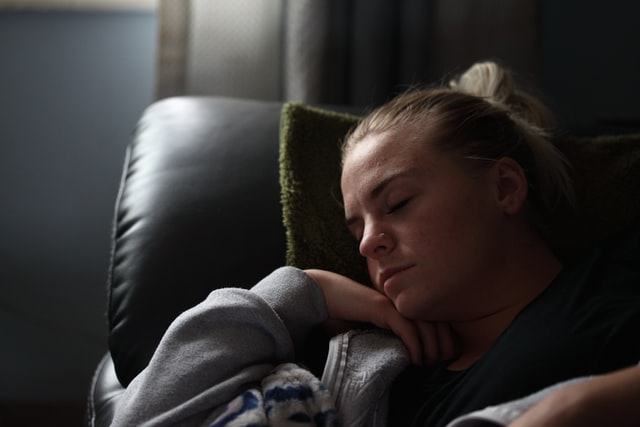
Many factors can cause nighttime blood sugar spikes. These include, for example, meals eaten during the day, amount and timing of exercise, snacks eaten before bed, timing of insulin administration, and stress levels. Nighttime blood sugar spikes can happen in different ways. You may start with high glucose levels when you go to bed, start the night usually but a few hours later, your levels may spike, or spend most of the night normal until just before you wake up. By identifying your body's patterns, you can determine what is causing your high blood sugar and how to remedy it.
- Eating too close to bedtime: whether you snack or eat a late dinner, the glucose spike after a meal can lead to high glucose levels at night. In particular, meals high in fat and carbohydrates (such as pizza or pasta with creamy sauces) can delay glucose absorption, causing a prolonged period of high blood sugar.
- If you have type 2 diabetes, a treatment plan that does not adequately address nocturnal insulin resistance or missed doses of glucose-lowering medications can cause high glucose levels at night (and often during the day).
- Overcorrecting low glucose levels before bedtime. If you need to correct your glucose levels before bed, take just enough glucose to stabilize your blood sugar. Limited-quantity preparations (such as glucose tablets or small candies) that raise glucose levels by a certain amount can be beneficial.
- If you take insulin, your insulin levels may not be high enough at night. Depending on the dose and timing of your basal insulin, the insulin may not stay in your body until morning. Learn more about the different types of insulin, insulin pumps, and automatic insulin delivery (AID) systems, all of which can help maintain target glucose levels overnight.
- Take less insulin before bedtime because of fear of low blood sugar overnight.
Hypoglycemia at night - symptoms
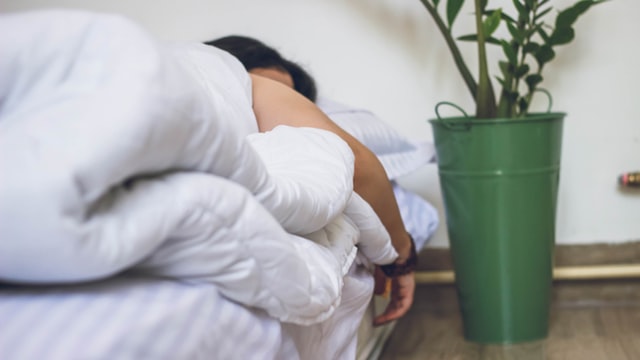
You don't always wake up at night feeling symptoms of hypoglycemia. Research confirms that diabetics sleep through part of their hypoglycemia. The positive thing is that the body can get out of this situation on its own, i.e., even the patient's lack of reaction to hypoglycemia does not result in tragic consequences. However, this does not mean that hypoglycemia can be underestimated.
It is worth paying attention to specific symptoms that indicate hypoglycemia at night:
- nightmares,
- excessive sweating during sleep,
- fatigue, headache upon awakening,
- high fasting blood sugar.
How to minimize the risk of nocturnal hypoglycemia?
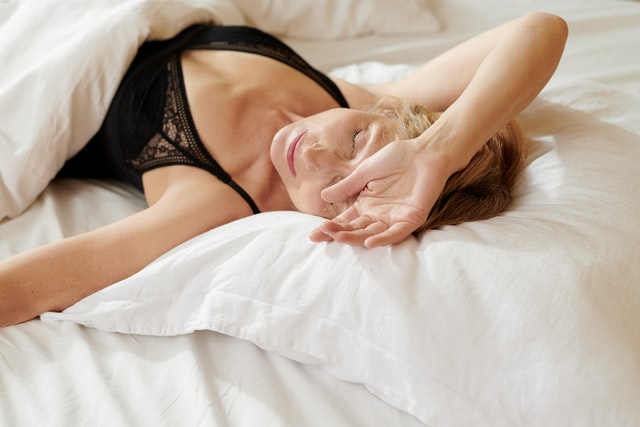
Some diabetics set an alarm clock each night to check their blood sugar. Some do this only occasionally, believing that if blood glucose drops excessively during the night, they will wake up anyway. What should you do if you are at risk for nocturnal hypoglycemia? There is no definitive answer. Nocturnal control is most commonly practiced for the youngest diabetics. However, there is no clear guideline on whether it is enough to check sugar once, around the most sensitive hour of 3 a.m. or more often.
What to give for hypoglycemia? - Low blood sugar
In the Society's recommendations, we can find the phrase "give pure glucose or another simple carbohydrate." It is worth reminding that 10 g of glucose is 1 WW (carbohydrate exchanger). Depending on the blood sugar level, we should take the appropriate amount of glucose. The recommendations say 15g-20g.
Nighttime hypoglycemia - causes
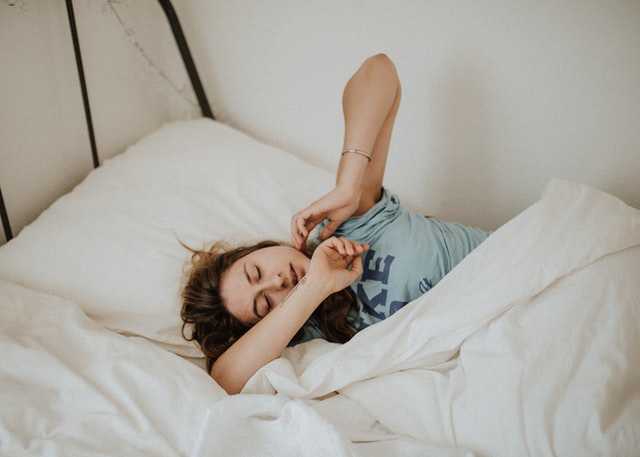
The risk of nocturnal hypoglycemia is increased by physical activity during the day (especially in the second half of the day) and alcohol consumption. It may also result from an incorrect dose of insulin given for the last meal or basal insulin.
Too much dinner insulin will manifest as hypoglycemia in the early hours of the night. At the same time, too much basal, long-acting insulin will lower blood sugar in the later hours - usually around 3 a.m.
The risk of hypoglycemia is more significant with long-acting human insulin than with a long-acting analog. Human insulin has a clear peak of action (5-6 hours after injection), while an analog works at the same potency throughout its activity (peakless insulin).
Undersaturation at night may also be the result of an improperly composed dinner. If it contains only simple carbohydrates, they will be quickly absorbed, and throughout the night, the body will not have any energy source.
Therefore, dinner should contain carbohydrates that are absorbed slowly and protein and fats. The latter are digested more slowly. They also slow down the absorption of glucose from carbohydrates. A complex meal guarantees a gradual release of energy throughout the night and a lower risk of hypoglycemia.
Additional nighttime sugar measurements
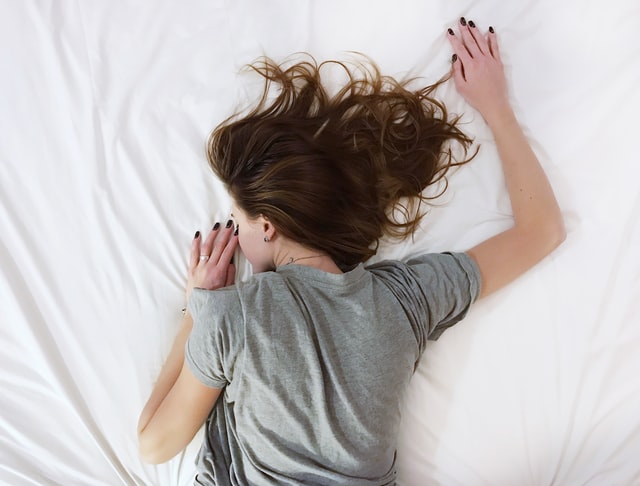
An additional nighttime sugar measurement is worth considering if:
- our pre-bedtime blood glucose was abnormal, and we needed to give a correction for it;
- You have had episodes of low blood glucose during the day;
- you had an extended bolus at dinner;
- if for some reason the day was unusual for us, such as high stress, intense emotions, etc.
Hypoglycemia, including nocturnal, is undoubtedly one of the most significant challenges of insulin therapy. Sometimes diabetics deliberately take lower doses of insulin just to eliminate the underdosing. The risk of an excessive drop in blood sugar levels for many patients is such a psychological burden that it even makes proper diabetes treatment impossible.
Diet to lower body sugar
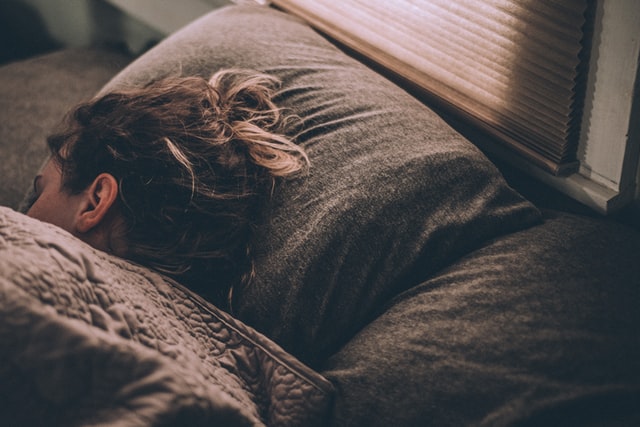
A diabetic diet is a style and adherence to specific rules to achieve well-being and normal blood sugar levels and to prevent late complications of diabetes. Meals should be planned according to individual caloric needs.
- Adequate amounts of fruits and vegetables should be included in each meal. There are several rules to follow to lower blood sugar levels:
- Prepared meals should have a low glycemic index, which indicates the rate of digestion and absorption of carbohydrates from the gastrointestinal tract.
- Vegetables and grains should be prepared al dente.
- Take care of the regularity of meals.
- It is worth taking care to increase the amount of fiber in your diet. It can be found in whole-grain bread, coarse groats, whole-grain pasta, vegetables, and fruits.
Physical activity and nocturnal hypoglycemia
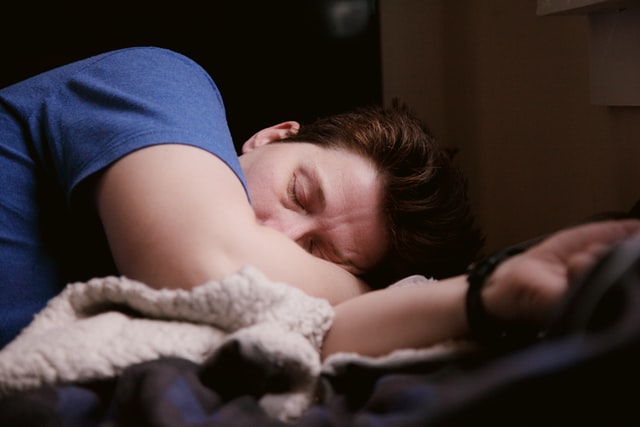
The body uses the stores of simple sugars stored in the muscles and liver during the activity. The same reserves want to reach when blood sugar levels drop excessively. Hypoglycemia may occur if these reserves have been used during exercise and have not been rebuilt.
The body uses these reserves mainly at night when we do not supply it with energy with food. After an active day, you need to be especially alert to the possibility of hypoglycemia at night.
A walk after a meal
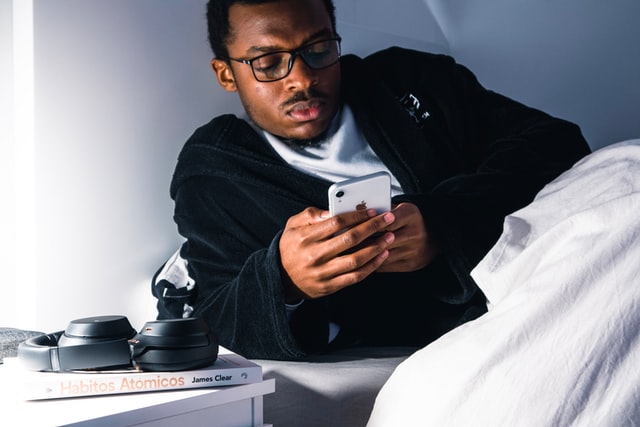
After dinner, it's time to take a walk. Diabetic adults who walked for 10 minutes after each meal had, on average, 12 percent lower blood glucose levels than those who walked in one 30-minute block a day. Researchers found this was especially true after eating carbohydrate-rich meals eaten in the evening. If the weather is not good, you can even walk around the house in front of the TV.
Alcohol and nighttime hypoglycemia
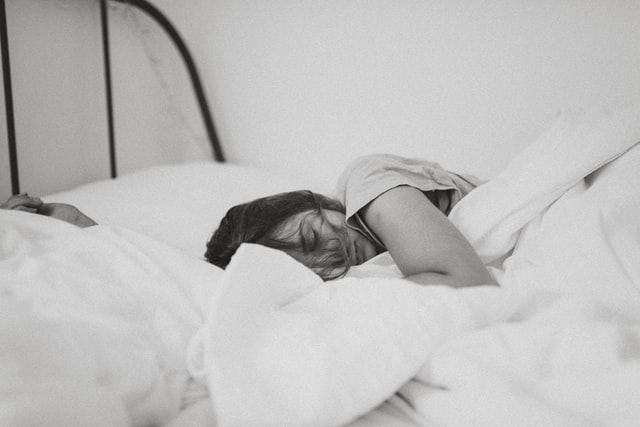
From the body's point of view, alcohol is a poison. The liver is responsible for cleansing the blood of this toxin. When the liver is busy metabolizing alcohol, its primary function of producing and secreting glycogen, the reserved sugar that protects us from excessive sugar drops at night, is blocked.
After consuming alcohol, especially if it was more than a glass of red wine, it is easy to have severe hypoglycemia with loss of consciousness. Worse, if it happens, we are likely to need glucose given intravenously. Glucagon injection may not be enough - the liver, occupied with alcohol, will not respond to glucagon and will not release glucose into the blood.


